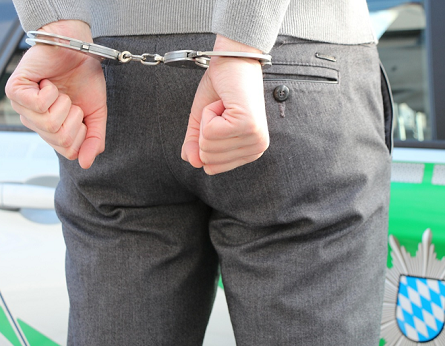The Steps You Need to Take After a DWI Arrest
 In early 2024, the Texas Department of Transportation reported a 15% increase in DWI arrests in Houston. That spike means police officers are more alert, judges are stricter, and prosecutors are faster. And if you’re arrested for a DWI, the first 24 hours are absolutely critical.
In early 2024, the Texas Department of Transportation reported a 15% increase in DWI arrests in Houston. That spike means police officers are more alert, judges are stricter, and prosecutors are faster. And if you’re arrested for a DWI, the first 24 hours are absolutely critical.
This is especially true if you’re a young driver. And if you’re under 21, the situation becomes even more delicate, which is why it’s vital to speak with an underage DWI lawyer in Houston who understands how to protect your rights from the very first step.
Here’s a breakdown of exactly what to do after a DWI arrest, particularly if you’re a resident of Houston:
Step 1: Post Bond Immediately
After you’re arrested, you’re taken to jail. To get out, you’d need to post bond. Now, here are your two options:
Option 1: You or a loved one can go directly to the jail and pay the full bond amount in cash. This acts as a promise that you’ll show up in court. If you don’t, the money’s gone.
Option 2: You can hire a bail bondsman. This is usually what most people do. You pay the bondsman 10% of the bond as a non-refundable fee, and they take care of the rest. For example, if your bond is $5,000, you’d typically pay the bondsman $500.
However, this bond is usually set very high, maybe because you’ve had prior convictions or the arrest involved a crash, so you might want to hire a lawyer first. A lawyer might be able to ask the judge to lower your bond in court, which can save you a lot of money. So before you rush to pay, call an attorney and ask if that’s the smart move in your case.
Step 2: Hire the Right Lawyer Fast
You only have 15 days from the date of your arrest to request a special hearing to keep your driver’s license. Miss it, and your license will automatically be suspended—even before your court case is decided.
That hearing is called an Administrative License Revocation (ALR) hearing, and it’s completely separate from your criminal case. It’s a civil case handled by the Texas Department of Public Safety (DPS). Your lawyer can request it on your behalf, but they need time, so don’t delay.
Step 3: Show Up to Every Court Date
Once you’re released, you’re still under bond. That means the court expects you to follow their rules, and showing up to court is rule number one.
Be early. Really early. Court security lines are long, parking is hard to find, and judges don’t like delays. If you’re late, the judge can revoke your bond. That means you could be arrested again and stay in jail until your case is resolved.
Also, keep in mind: you’re presumed innocent in court, but not when it comes to bond conditions. Violating any rule, even being five minutes late, can land you back in jail, even before your trial starts.
Step 4: Do Not Get In Trouble With the Law
This part seems obvious, but it’s where people mess up the most. After your DWI arrest, do not get arrested again for anything. Even for something minor.
If you’re charged with another offense while you’re still on bond for DWI, you’ll draw extra scrutiny. The prosecutor will be less likely to negotiate or offer leniency because now you have two pending charges. Plus, your original bond could be raised or revoked completely.
So don’t drink and drive, don’t get into fights, don’t miss court, lay low, and stay clean.